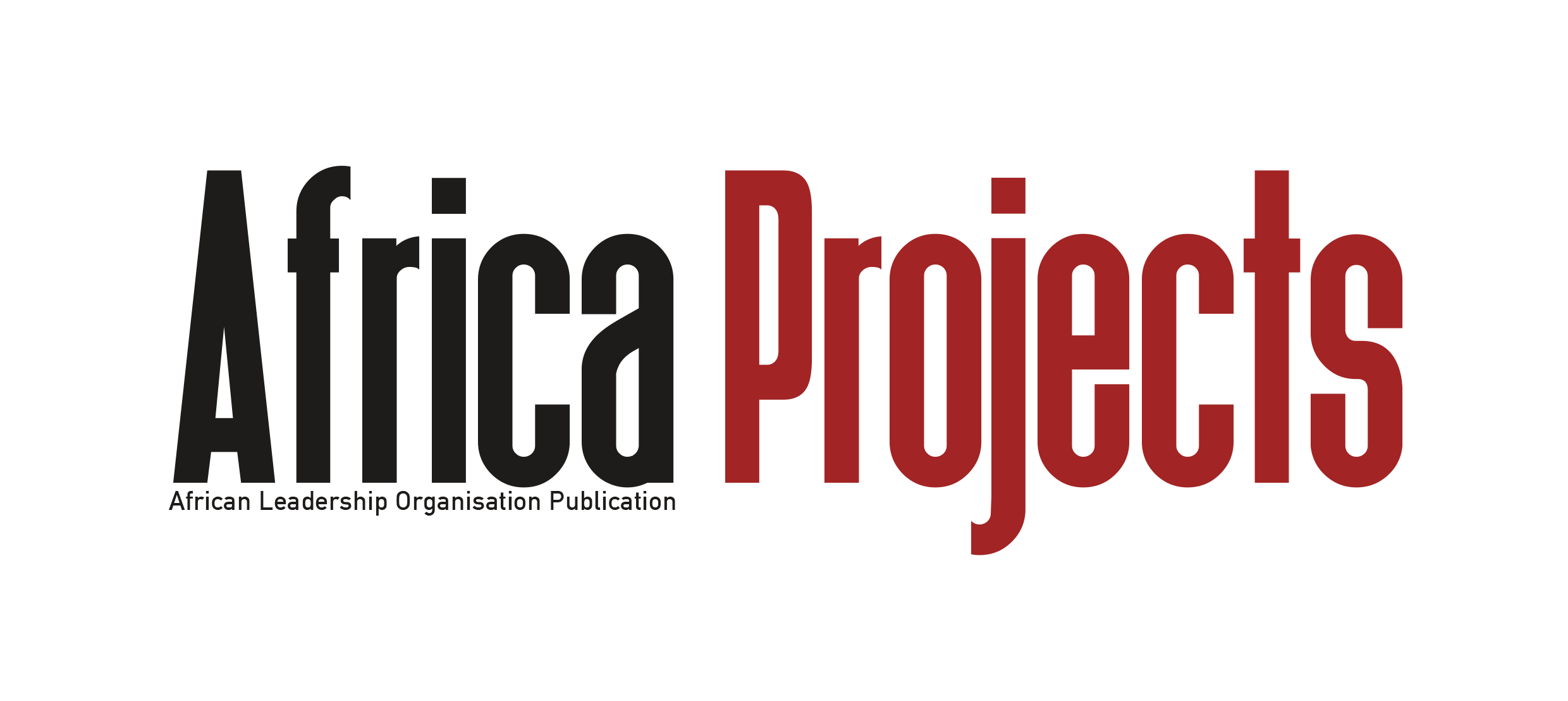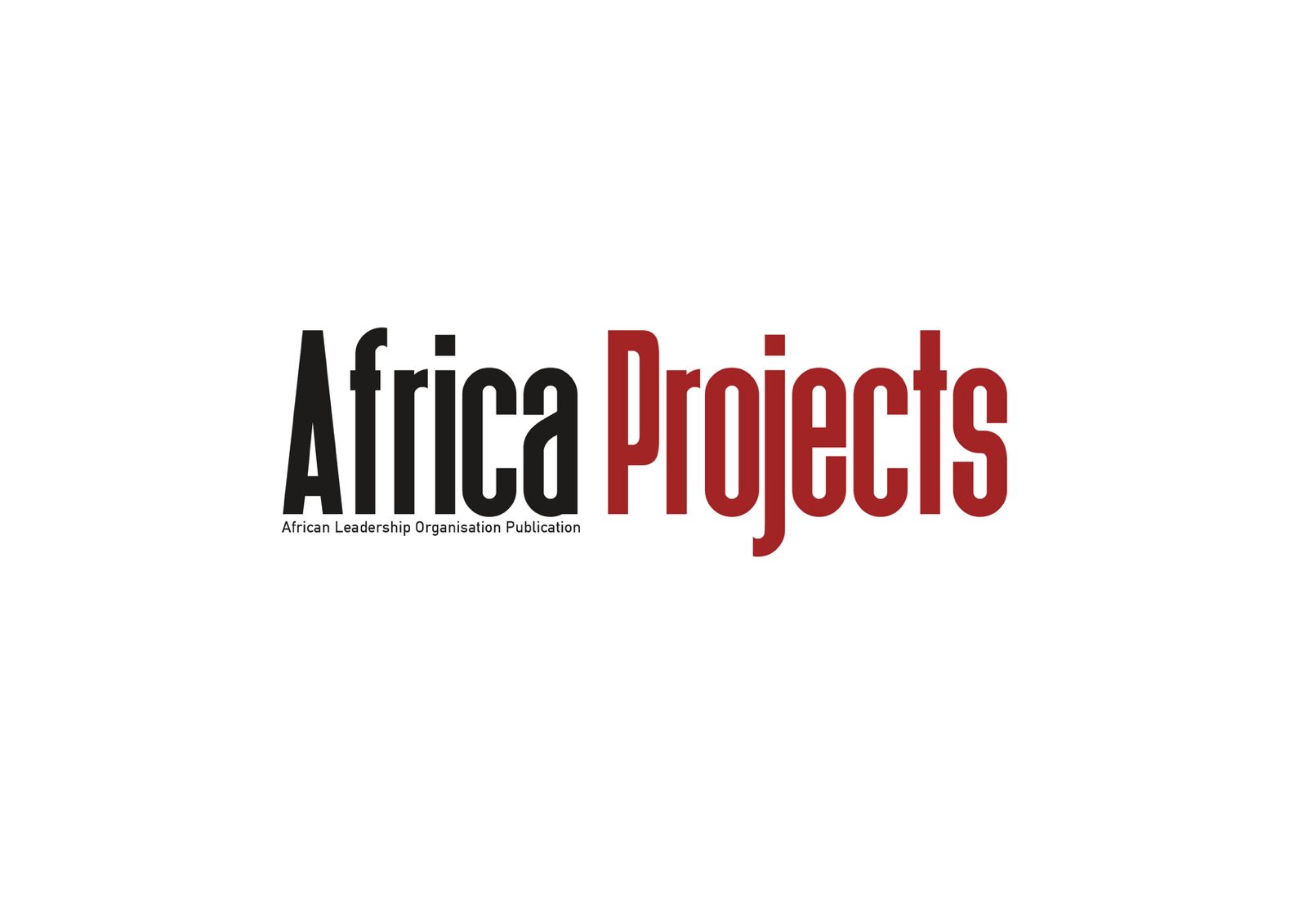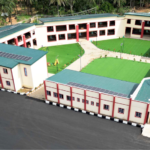- Home
- Features
- Startup Zone
- Projects
- Policies
- Shop
- Policies
- Projects
- Startup Zone
- Country Spotlight
- Analysis
- Tech
- Policies
- Projects
- Startup Zone
- Country Spotlight
- Analysis
- More
- Beyond the Kalashnikov: Africa’s Shift Toward Technology-Driven Warfare
- Afrail Express: Uniting a Continent on Rails
- AFRICA’S ENERGY CORRIDORS: CONNECTING POWER, PEOPLE, AND PROSPERITY
- Startup Lions Campus: Empowering Kenya’s Digital Generation
- L’Art de Vivre’s Le Paradis de Mahdia: Tunisia’s Model for Sustainable Luxury
- The Lobito Corridor: Rewiring Africa’s Trade Arteries Through Strategic Infrastructure
- AFRICA’S GREEN ENERGY TRANSITION: A BEACON OF HOPE FOR CLIMATE ACTION
- Dangote Refinery: Showcasing Africa’s Project Success Story
- AFRICA GREEN ECONOMY: ALL YOU NEED TO KNOW
- The Most Important Amicus Brief in the History of the World
- The Rise of Indigenous UAVs: Africa’s Drone Capabilities in Warfare and Surveillance
- AFRICA’S LARGEST OIL PRODUCERS: A COMPREHENSIVE OVERVIEW
- Beyond the Kalashnikov: Africa’s Shift Toward Technology-Driven Warfare
- Afrail Express: Uniting a Continent on Rails
- AFRICA’S ENERGY CORRIDORS: CONNECTING POWER, PEOPLE, AND PROSPERITY
- Startup Lions Campus: Empowering Kenya’s Digital Generation
- L’Art de Vivre’s Le Paradis de Mahdia: Tunisia’s Model for Sustainable Luxury
- The Lobito Corridor: Rewiring Africa’s Trade Arteries Through Strategic Infrastructure
- AFRICA’S GREEN ENERGY TRANSITION: A BEACON OF HOPE FOR CLIMATE ACTION
- Dangote Refinery: Showcasing Africa’s Project Success Story
- AFRICA GREEN ECONOMY: ALL YOU NEED TO KNOW
- The Most Important Amicus Brief in the History of the World
- The Rise of Indigenous UAVs: Africa’s Drone Capabilities in Warfare and Surveillance
- AFRICA’S LARGEST OIL PRODUCERS: A COMPREHENSIVE OVERVIEW
- Beyond the Kalashnikov: Africa’s Shift Toward Technology-Driven Warfare
- Afrail Express: Uniting a Continent on Rails
- AFRICA’S ENERGY CORRIDORS: CONNECTING POWER, PEOPLE, AND PROSPERITY
- Startup Lions Campus: Empowering Kenya’s Digital Generation
- L’Art de Vivre’s Le Paradis de Mahdia: Tunisia’s Model for Sustainable Luxury
- The Lobito Corridor: Rewiring Africa’s Trade Arteries Through Strategic Infrastructure
- Startup Zone
Top Insights
Bankable Africa: How Governments Are De-Risking Projects To Unlock Private Capital
The success of Ghana's PPP program has also led to increased interest from private investors, both local and international.

Africa’s infrastructure gap is a well-documented challenge that hinders economic growth, poverty reduction, and human development. The continent requires significant investments in infrastructure, including roads, bridges, ports, airports, energy, and water systems. However, the funding gap is substantial, and governments are increasingly turning to private capital to bridge the gap. One key strategy is de-risking projects to make them more attractive to private investors. This article explores how governments are using Public-Private Partnerships (PPPs), sovereign guarantees, and other mechanisms to unlock private capital and deliver infrastructure projects.
THE CHALLENGE OF INFRASTRUCTURE FUNDING
Africa’s infrastructure funding gap is estimated to be over $100 billion annually. Governments face significant budget constraints, and traditional funding sources, such as foreign aid and public financing, are insufficient to meet the infrastructure needs. Private capital is essential to bridge this gap, but investors are often deterred by the high risks associated with infrastructure projects in Africa. These risks include political instability, regulatory uncertainty, and lack of clarity on returns on investment.
DE-RISKING PROJECTS THROUGH PPPS
Public-Private Partnerships (PPPs) are a popular mechanism for delivering infrastructure projects. PPPs involve collaboration between governments and private sector companies to finance, design, build, and operate infrastructure projects. PPPs can help de-risk projects by allocating risks to the party best able to manage them. Governments can provide guarantees, subsidies, or other forms of support to make projects more attractive to private investors. PPPs have been successfully used in various sectors, including transportation, energy, and water.
SOVEREIGN GUARANTEES: A KEY DE-RISKING TOOL
Sovereign guarantees are a crucial tool for de-risking infrastructure projects. These guarantees provide assurance to private investors that governments will honour their contractual obligations, even in the event of political or economic instability. Sovereign guarantees can cover various risks, including payment risks, regulatory risks, and foreign exchange risks. By providing sovereign guarantees, governments can reduce the perceived risk of a project, making it more attractive to private investors.
CASE STUDY: GHANA’S PPP EXPERIENCE
Ghana has been at the forefront of Public-Private Partnerships (PPPs) in Africa, with a strong track record of implementing successful PPP projects. One notable example is the Tema-Accra Motorway project, a 25-year concession agreement between the government and a private consortium to design, build, and operate a toll road. The project was de-risked through a sovereign guarantee, which provided assurance to investors on payment risks. This guarantee helped to attract significant private investment in the project, and the motorway has been successfully completed, improving transportation infrastructure in the region.
Ghana’s PPP experience has demonstrated the potential for private sector participation in infrastructure development, and the country has attracted significant private investment in various sectors, including transportation, energy, and water. The government’s commitment to PPPs has helped to create a favourable investment climate, with clear guidelines and regulations in place to support private sector participation. Ghana’s experience has also shown that PPPs can be an effective way to deliver infrastructure projects more quickly and efficiently, with private sector expertise and technology contributing to improved project outcomes.
The success of Ghana’s PPP program has also led to increased interest from private investors, both local and international. The country’s experience has demonstrated that with careful planning, transparent procurement processes, and effective risk allocation, PPPs can be a powerful tool for delivering infrastructure projects that benefit the economy and society. Ghana’s PPP experience serves as a model for other African countries looking to leverage private sector participation to address their infrastructure needs and promote economic growth.
CASE STUDY: EGYPT’S INFRASTRUCTURE PUSH
Egypt’s infrastructure push is a comprehensive effort to develop the country’s transportation networks, energy systems, and urban landscapes. The government has embarked on an ambitious program to upgrade its infrastructure, with a focus on Public-Private Partnerships (PPPs). One notable project is the Cairo-Alexandria Highway project, a 30-year concession agreement between the government and a private consortium to design, build, and operate a toll road. The project was de-risked through a sovereign guarantee, which provided assurance to investors on payment risks.
The government’s infrastructure development program is expected to have a significant impact on the economy and society. Improved infrastructure will enhance the business environment, increase economic growth, and create jobs. Additionally, upgraded infrastructure will improve the quality of life for Egyptians, providing better access to transportation, healthcare, and education. Egypt’s infrastructure push has attracted significant private investment, and the country is poised for further growth.
Egypt’s experience with PPPs demonstrates the potential for private sector participation in infrastructure development. The government’s commitment to PPPs has helped to create a favourable investment climate, with clear guidelines and regulations in place to support private sector participation. By carefully designing PPP contracts and providing sovereign guarantees, the government can unlock private capital and deliver infrastructure projects that benefit the economy and society. Egypt’s infrastructure push serves as a model for other African countries looking to leverage private sector participation to address their infrastructure needs and promote economic growth.
CASE STUDY: RWANDA’S PPP SUCCESS
Rwanda has achieved significant success with Public-Private Partnerships (PPPs), particularly in the energy sector. One notable example is the Kivu 56MW Methane Gas Power Plant project, a 25-year concession agreement between the government and a private consortium to design, build, and operate a power plant. The project was de-risked through a sovereign guarantee, which provided assurance to investors on payment risks. This guarantee helped to attract significant private investment in the project, and the power plant has been successfully completed, increasing Rwanda’s electricity generation capacity and reducing reliance on imported energy.
Rwanda’s PPP experience has demonstrated the potential for private sector participation in infrastructure development, and the country has attracted significant private investment in various sectors. The government’s commitment to PPPs has helped to create a favourable investment climate, with clear guidelines and regulations in place to support private sector participation. Rwanda’s success with PPPs has also shown that careful planning, transparent procurement processes, and effective risk allocation are essential for delivering successful infrastructure projects.
The Kivu 56MW Methane Gas Power Plant project is a flagship example of Rwanda’s PPP success, showcasing the country’s ability to attract private investment and deliver complex infrastructure projects. The project has not only increased Rwanda’s energy generation capacity but also created economic opportunities and jobs, contributing to the country’s economic growth and development. Rwanda’s experience with PPPs serves as a model for other African countries looking to leverage private sector participation to address their infrastructure needs and promote economic growth.
BENEFITS OF DE-RISKING PROJECTS
De-risking projects through PPPs and sovereign guarantees can have several benefits. Firstly, it can attract significant private investment in infrastructure, which can help bridge the funding gap. Secondly, it can provide governments with access to private sector expertise and technology, which can improve the quality and efficiency of infrastructure projects. Finally, de-risking projects can help governments deliver infrastructure projects more quickly and efficiently, which can have significant economic and social benefits.
CHALLENGES AND LIMITATIONS
While de-risking projects through PPPs and sovereign guarantees can be effective, there are challenges and limitations. Governments need to carefully design PPP contracts to allocate risks effectively and ensure that private investors have adequate incentives to participate. Additionally, governments need to ensure that sovereign guarantees are provided in a transparent and accountable manner, with clear guidelines on eligibility and risk allocation.
Africa’s infrastructure gap requires significant investments, and governments are increasingly turning to private capital to bridge the gap. De-risking projects through PPPs and sovereign guarantees can be an effective way to attract private investment and deliver infrastructure projects. Successful case studies from Ghana, Egypt, and Rwanda demonstrate the potential for private sector participation in infrastructure development. By carefully designing PPP contracts and providing sovereign guarantees, governments can unlock private capital and deliver infrastructure projects that
Recent Posts
Related Articles
Cutting-Edge Environmental Conservation Projects and Their Champions
Environmental conservation has entered a decisive era. As climate change accelerates, biodiversity...
ByafricaprojectJanuary 28, 2026Clean Water Access Projects Improving Lives in Underserved Regions
Access to clean and reliable water remains one of Africa’s most pressing...
ByafricaprojectJanuary 19, 2026Industrial Corridors Attracting Global Investors
Across Africa, industrial corridors are emerging as strategic economic arteries driving industrialization,...
ByafricaprojectJanuary 16, 2026The Engineers Behind Africa’s Tallest and Most Iconic Towers
Across Africa, the rise of tall and iconic towers is reshaping skylines...
ByafricaprojectJanuary 15, 2026












